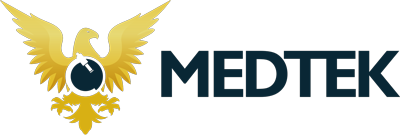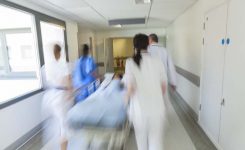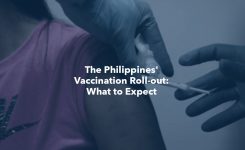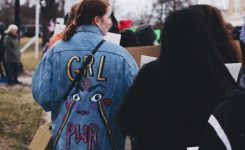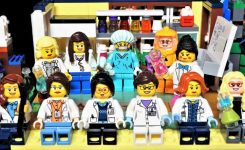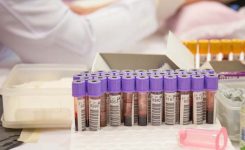Blog
How COVID-19 has Impacted our Fight Against Dengue
On May 18, 2022, PAGASA declared the onset of the rainy season for the Philippines. Like clockwork, cases of dengue have also begun to rise this past month, particularly in the regions of Visayas and Mindanao. Despite this, the public is assured by DOH that our dengue situation remains manageable. Health Undersecretary Myrna Cabotaje stated that the 22,277 dengue cases from this year’s January to April was 15% lower than the cases recorded at the same period last year.
The Pandemic Effect
Dengue cases were relatively lower in 2020 and 2021 compared to the previous years. Health authorities attribute this to our population’s limited mobility and exposure due to the COVID-19 lockdowns. This could now change since several pandemic restrictions have now been lifted. This shift is most noticeable in regions such as Eastern Visayas, where the 154 cases for the January – May of last year has almost doubled to 1,346 this year. In a press briefing, DOH regional information officer Jelyn Lopez-Malibago stated that “…Covid-19 is not the only problem in the region in terms of diseases.”
The COVID-19 distancing protocols has also compelled those who experience mild symptoms to go into quarantine. This may have affected the treatment protocols for dengue. Dr. Jeffrey Ibones, Cebu’s acting City Health Department chief, stated that the early symptoms of dengue, which includes fever and tiredness, are similar to COVID-19. He shared that “that is why they believed that what they were experiencing was COVID so they will just isolate themselves. Then they will only go to the hospital when they will start vomiting.” He also reiterated the importance of early treatment since dengue as a virus has no particular cure. We can only provide symptomatic treatment to help the body to combat the illness.
AVAILABLE HERE: Aria Dengue Duo Rapid Test Kit
The Legacy of Our COVID-19 Response
“Addressing dengue requires a whole-of-society approach,” said Dr. Gideon Lasco at his lecture for UP Diliman’s Department of Anthropology of the University. “The COVID-19 pandemic highlighted the importance of improved case surveillance and early diagnosis, cooperation between public and private sectors, and responsible health communication.” He then highlighted how dengue is also a disease determined by social, economic, and environmental factors. We have now proven that a holistic campaign across all sectors at a nationwide scale can be achieved. DOH currently has numerous anti-dengue campaigns in place, including the 4S strategy, the 4 o’clock habit, anti-mosquito foggings, and larval trapping activities. It’s now just a question of how involved every sector will be in facing this annual fight against dengue.
Sources:
PAGASA declares onset of rainy season – ABS-CBN News
COVID-19 quarantine restrictions pull down dengue cases – CNN Philippines
Dengue kills 5, downs over 1K in Eastern Visayas – Philippine News Agency
Dengue, COVID-19 situations remain ‘manageable’ despite rise in cases – GMA News
Fear of COVID led to late check-up, hospitalization of dengue patients – Cebu Daily News
COVID-19 lessons can help in country’s fight vs dengue – Business World
